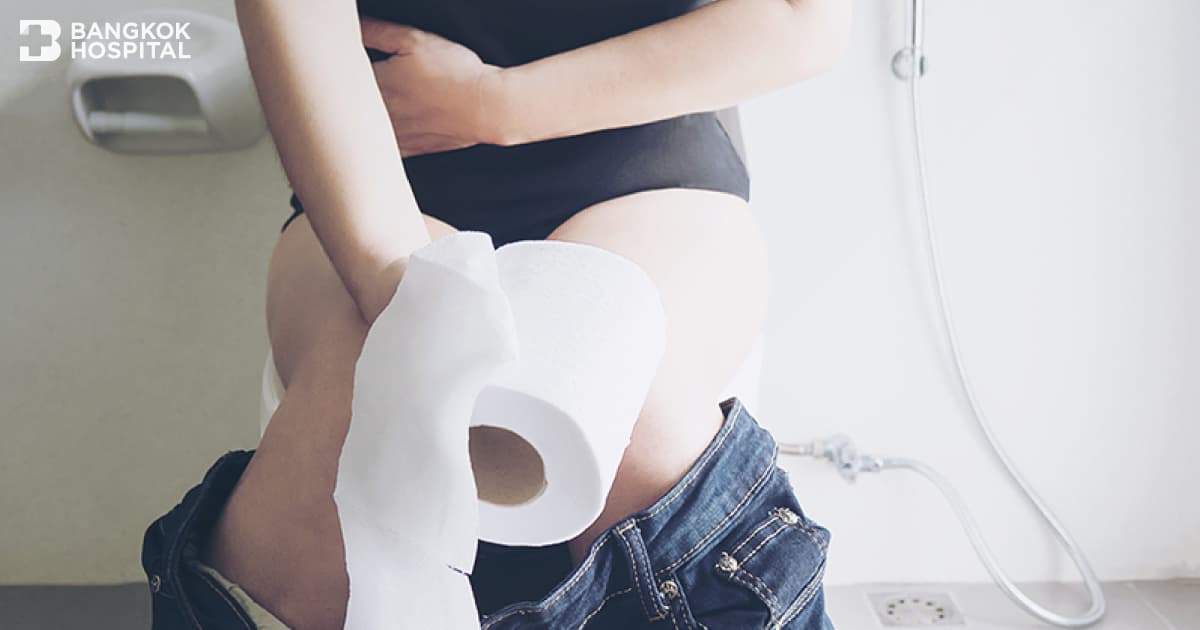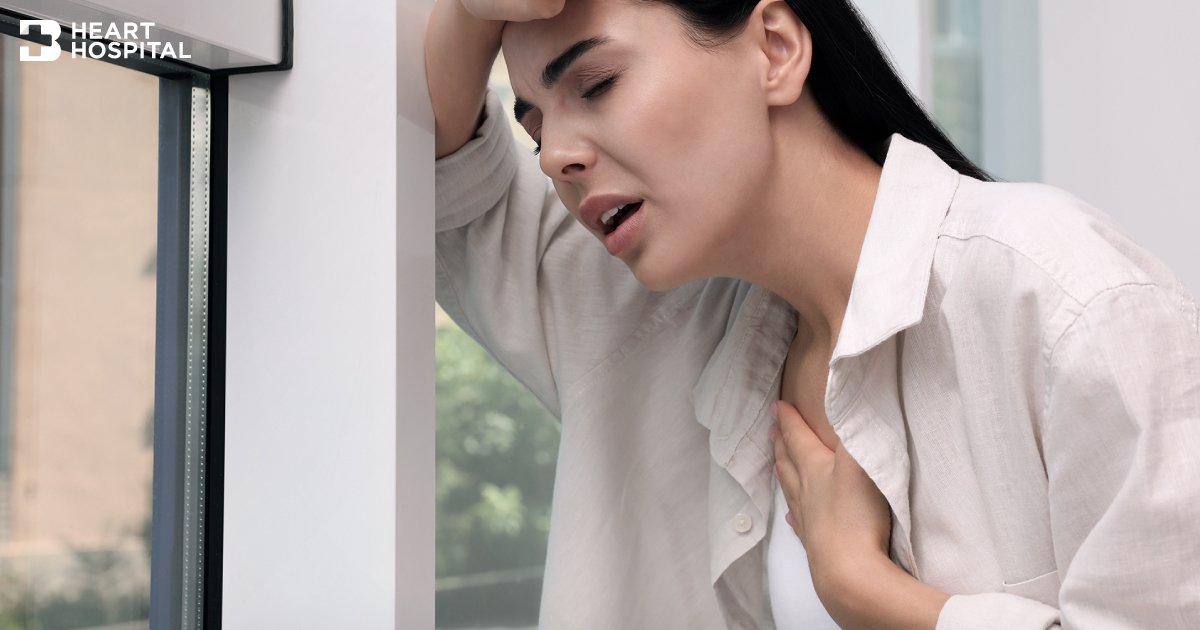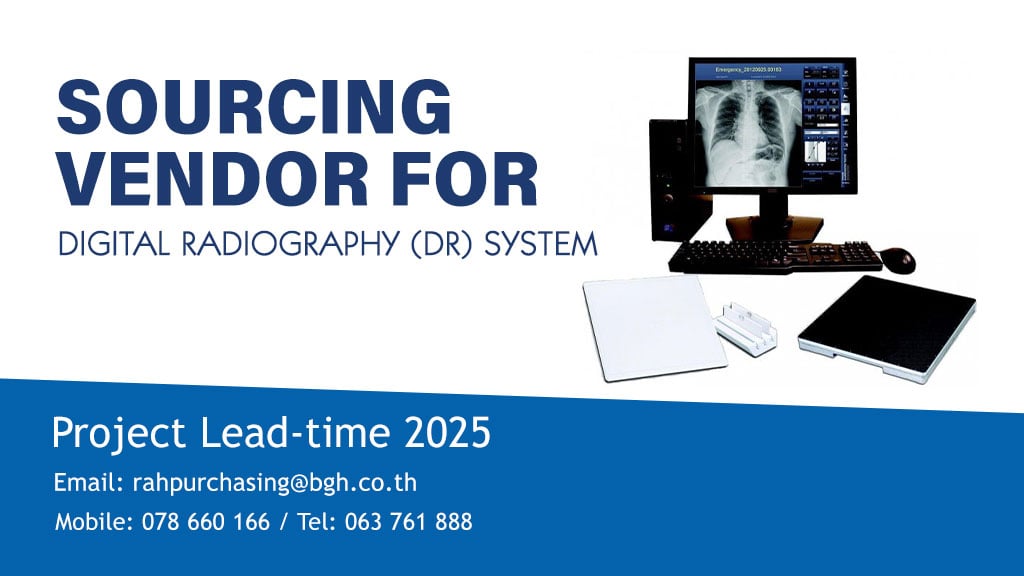Frequently Asked Questions About Rotavirus
Rotavirus is a highly contagious virus that causes severe diarrhea in children and adults. Many people are wondering what are the symptoms of rotavirus infection and when to see a doctor.
How do you know that you are infected with rotavirus?
Answer: Rotavirus is a viral infection that causes acute diarrhea. It is less severe than diarrhea caused by bacterial infection. However, it is difficult to tell whether it is rotavirus infection from the symptoms. The symptoms of rotavirus infection are fever, vomiting, watery diarrhea, bloody stool. These can lead to dehydration in children and elders.
When you should go to see a doctor?
Answer: If there are these symptoms, the patient should go to see a doctor immediately.
1. Signs of dehydration e.g. little or no urination, lethargic, and unusual sleepiness
- Severe diarrhea and vomiting for more than 2 days
- Have blood in vomit or bowel movements
- Nausea and vomiting – cannot keep water or food down
What is the cause of rotavirus infection?
Answer: Rotavirus can easily spread through hand-to-mouth contact. The virus is present in an infected person’s stool. If another person touches your unwashed hands or a contaminated object and then touches his or her mouth, an infection may follow. The incubation period from exposure to symptoms is approximately 2 days. Rotavirus disease is most common in infants and young children. However, older children and adults can also get sick from rotavirus. Usually a person’s first time getting rotavirus causes the most severe symptoms.
How to prevent rotavirus infection?
Answer: To reduce the spread of rotavirus
- Wash your hands thoroughly and often – especially before preparing and having a meal
- Cook food thoroughly – the virus dies when food is steaming hot
- Wash your hands after you use the toilet, change your child’s diaper or help your child use the toilet
Who is considered a high risk group for rotavirus infection?
Answer: The person who looks after a patient with diarrhea, immune-compromised patients or a person who receives immunosuppressive drug, and elderlies in nursing homes.
What is the treatment for rotavirus infection?
Answer: Usually, the infection resolves within three to seven days. Preventing dehydration is the biggest concern. Good hydration is important. Oral rehydration solution is helpful for patients who lose large amounts of fluid. Hospitalization and treatment with intravenous fluids may be required for severe dehydration.
Although most rotavirus infections can be resolved without treatment, patients who have severe symptoms or dehydration should immediately see a doctor.






